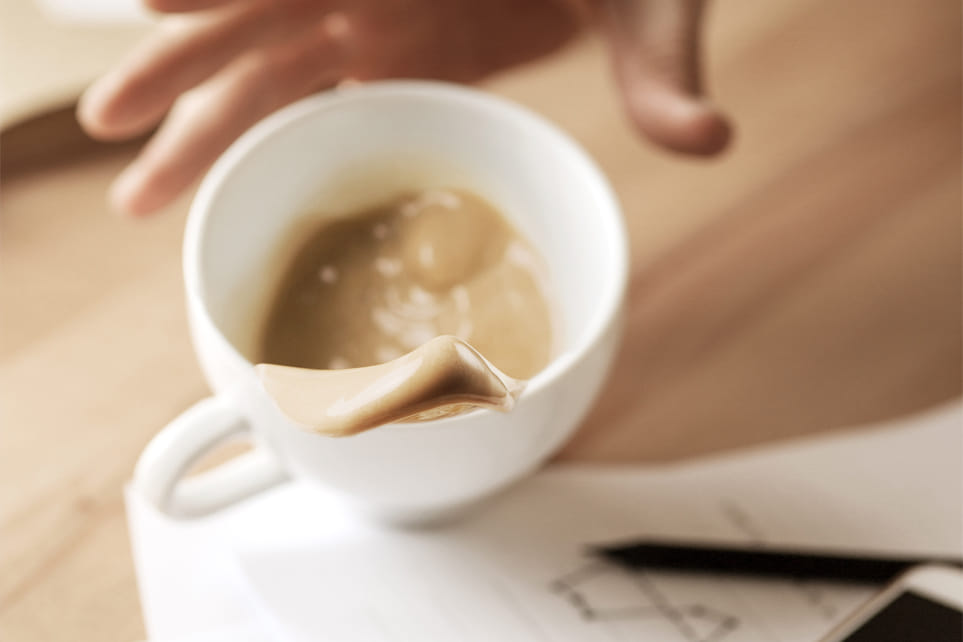Slips and spills are among the top causes of workplace injuries each year with over 30% of workers being injured in this way in any one year. On average, broken bones are the result of 90% of major slips, so knowing how to deal with them and prevent them from occurring is paramount. Both employers and their employees themselves have a duty of care to protect health and well-being while at work, so to prevent slips from taking place, procedures and measures should be put in place which workers should then take care to follow.
Control Measures For Preventing Slips
If a person’s feet are unable to grip the surface of the floor effectively, a slip is the inevitable result. Usually, this happens due to liquids being spilled on the floor, however there are some other hazards such as uneven surfaces, poor footwear and loose dust and powder. Some of the common hazards at work can be caused by:
- Spilled drinks or other liquids being used at work such as ink or paint
- Patches or puddles of water left after cleaning
- Trails of mud, wetness or leaves from outside the building in wet weather
- Loose rugs or mats
- Poor quality flooring
- Poor housekeeping standards
Top Tips For Preventing The Occurrence Of Slip Hazards
- If you work with any form of liquids, always use a drop tray to avoid spillages on the floor. Containers should have fill lines and lids, while screens can stop overspray and splashes if using hoses.
- Restricting access – if possible, cleaning should be carried out after work hours to prevent employees being exposed to a wet floor. However, if cleaning must be done while employees are at work, access to that area should be restricted.
- Slip-resistant flooring should be used whenever possible. Appropriate cleaning equipment which has been designed for use on that sort of material should be used to prevent the anti-slip quality from being worn down.
- No puddles should be left while cleaning and the appropriate cleaning materials should be used for each kind of floor. A dry mop can speed drying time if access to that area cannot be prevented and wet floor signs should be erected.
- Workers who have contact with potential contaminants or who work in dusty or wet environments should always wear non-slip footwear.
- All spills should be cleaned up immediately and liquids should always be stored in cupboards.
- Anti slip mats should be used in especially slippery areas such as stairs.
- Good quality lighting should always be used to ensure hazards can clearly be seen.
Hiring a professional cleaning company will ensure that all floor cleaning will be done to the highest possible safety standards so no employees will suffer from accidental slips due to spillages or wet surfaces. A professional team of cleaners have access to the right cleaning materials to ensure that workers stay as safe as possible in the workplace.

